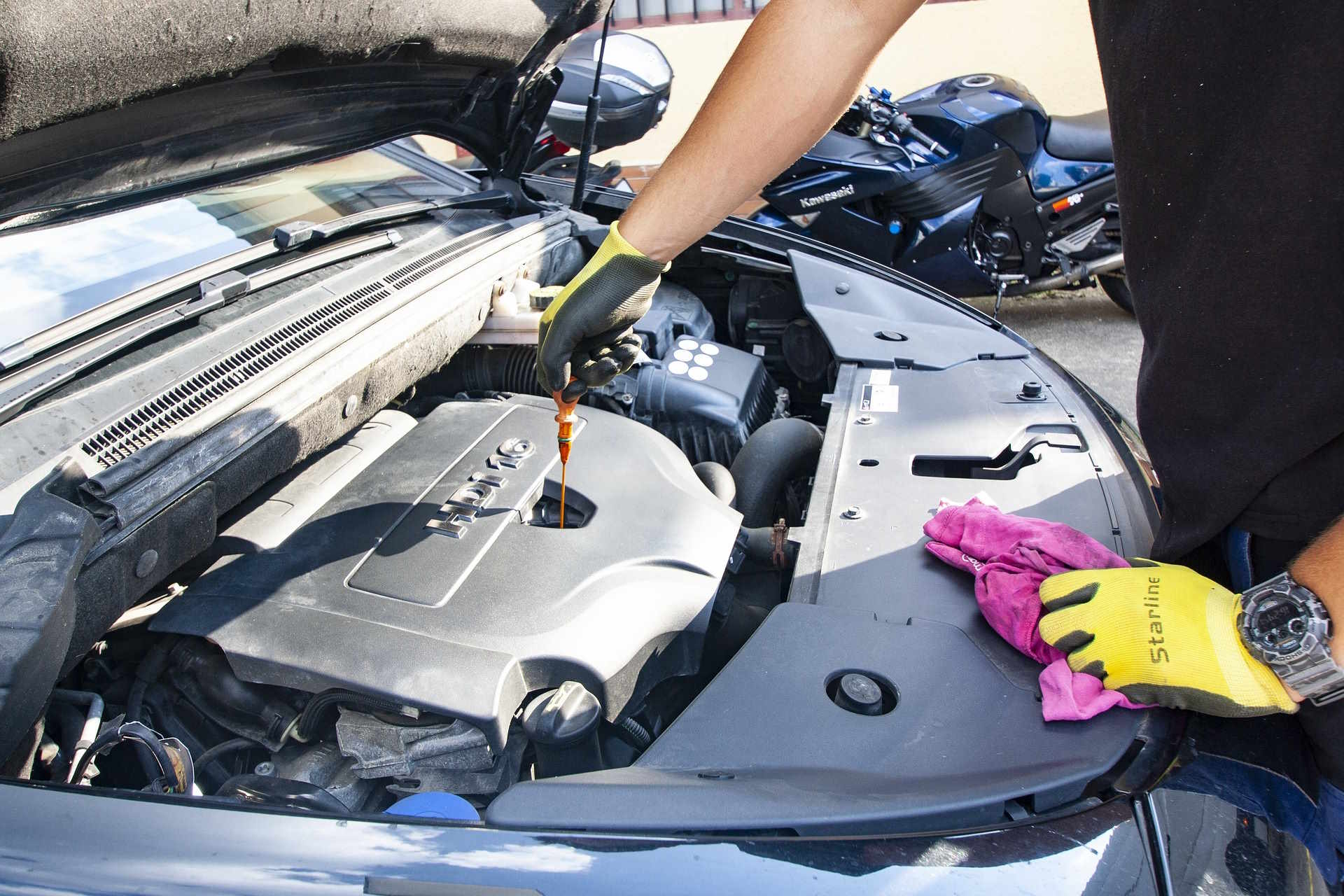vehicle oil maintenance service
Many vehicle owners follow outdated maintenance schedules that could impact their engine's performance. Understanding modern service intervals, different oil types, and various service options can help you make better decisions about your car's care. This guide explores everything from traditional quick-service locations to mobile options and membership programs.
How Do Service Intervals Maintain Engine Performance?
Understanding different service intervals helps maintain optimal engine performance over time. Traditional oil change recommendations suggested 3,000-mile intervals, but modern engines and improved oil formulations have extended these periods significantly. Most newer vehicles operate effectively with oil changes every 5,000 to 10,000 miles, depending on driving conditions and oil type used.
Severe driving conditions require more frequent oil changes. Stop-and-go traffic, extreme temperatures, dusty environments, and frequent short trips all accelerate oil degradation. Highway driving with consistent speeds typically allows for longer intervals between services. Vehicle manufacturers provide specific maintenance schedules in owner’s manuals, offering the most reliable guidance for individual models and engines.
What Maintenance Packages Include Comprehensive Care?
Various maintenance packages offer different levels of comprehensive vehicle care and inspection. Basic oil change services typically include oil replacement, filter installation, and fluid level checks. Mid-tier packages often add tire pressure monitoring, battery testing, and visual inspections of belts, hoses, and fluid leaks.
Premium maintenance packages provide extensive multi-point inspections covering brake systems, suspension components, exhaust systems, and air filtration. These comprehensive services help identify potential issues before they become major problems. Many service providers include digital inspection reports with photographs, allowing customers to understand their vehicle’s condition and make informed maintenance decisions.
How Do Mobile Services Compare to Traditional Approaches?
Mobile service options provide convenient alternatives to traditional automotive maintenance approaches. Professional technicians arrive at homes, workplaces, or other designated locations with fully equipped service vehicles. This approach eliminates waiting rooms, scheduling conflicts, and transportation arrangements while maintaining professional service standards.
Mobile oil change services typically cost slightly more than traditional shop visits but offer significant time savings and convenience. Service providers bring all necessary equipment, including proper oil disposal systems and replacement filters. However, traditional service centers may offer additional services and immediate access to parts that mobile units cannot provide on-site.
What Distinguishes Synthetic from Conventional Oil Options?
Synthetic versus conventional options present distinct advantages for different driving patterns and conditions. Conventional motor oil, refined from crude petroleum, provides adequate protection for most standard driving conditions at lower initial costs. These oils work effectively in newer engines under normal operating conditions but require more frequent replacement intervals.
Synthetic oils offer superior performance in extreme temperatures, lasting longer between changes while providing better engine protection. Full synthetic formulations resist breakdown under high heat and maintain viscosity in cold temperatures better than conventional alternatives. Synthetic blends combine both oil types, offering improved performance over conventional oil while maintaining moderate pricing.
Service Provider Comparison
| Service Type | Provider Examples | Key Features |
|---|---|---|
| Traditional Quick-Lube | Jiffy Lube, Valvoline Instant Oil Change | Fast service, multiple locations, additional fluid checks |
| Mobile Services | YourMechanic, Takl | On-location service, appointment flexibility, personalized attention |
| Dealership Service | Ford, Toyota, Honda service centers | Brand-specific expertise, genuine parts, warranty compliance |
| Independent Shops | Local automotive centers | Personalized service, competitive pricing, community relationships |
Environmental and Quality Considerations
Professional oil maintenance services handle used oil disposal according to environmental regulations. Reputable providers recycle waste oil and filters through certified programs, preventing environmental contamination. Many service centers also offer eco-friendly oil options, including recycled synthetic oils that maintain performance standards while reducing environmental impact.
Quality control varies among service providers, making research important when selecting maintenance services. Certified technicians, proper equipment, and established procedures ensure consistent service quality. Customer reviews, industry certifications, and transparent pricing policies help identify reliable service providers in local areas.
Oil maintenance services form the cornerstone of preventive vehicle care, protecting engines while maintaining manufacturer warranties. Whether choosing traditional service centers, mobile options, or dealership maintenance, regular oil changes using appropriate products and intervals preserve vehicle reliability and performance. Professional maintenance services provide expertise, proper disposal methods, and comprehensive inspections that help vehicle owners maintain their investments effectively over time.
Sources
[1] https://www.jiffylube.com/auto-services/oil-change





